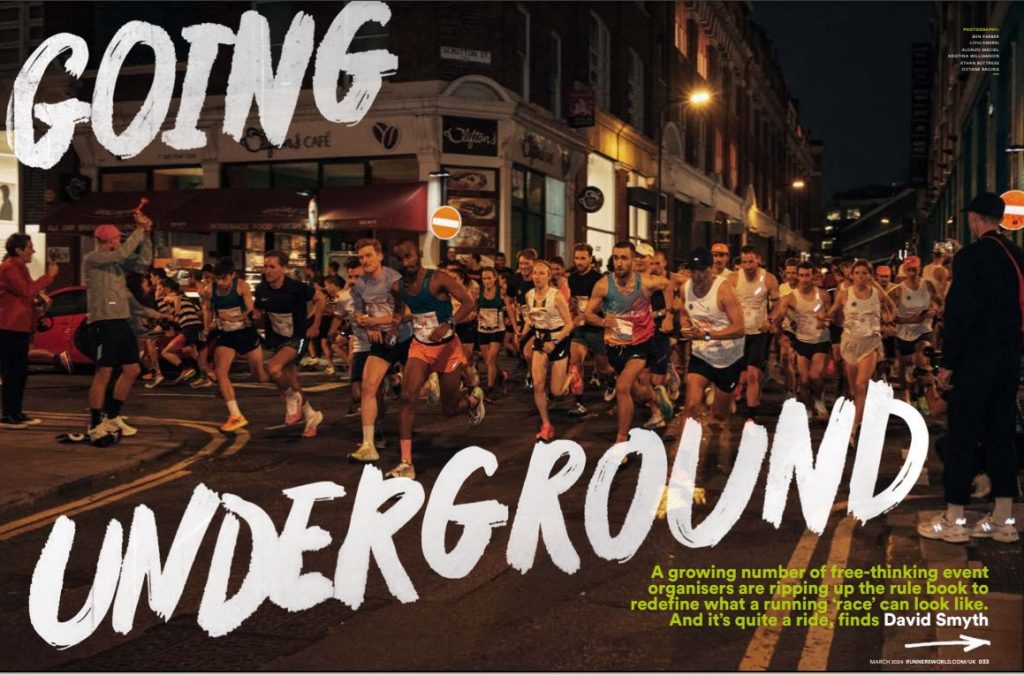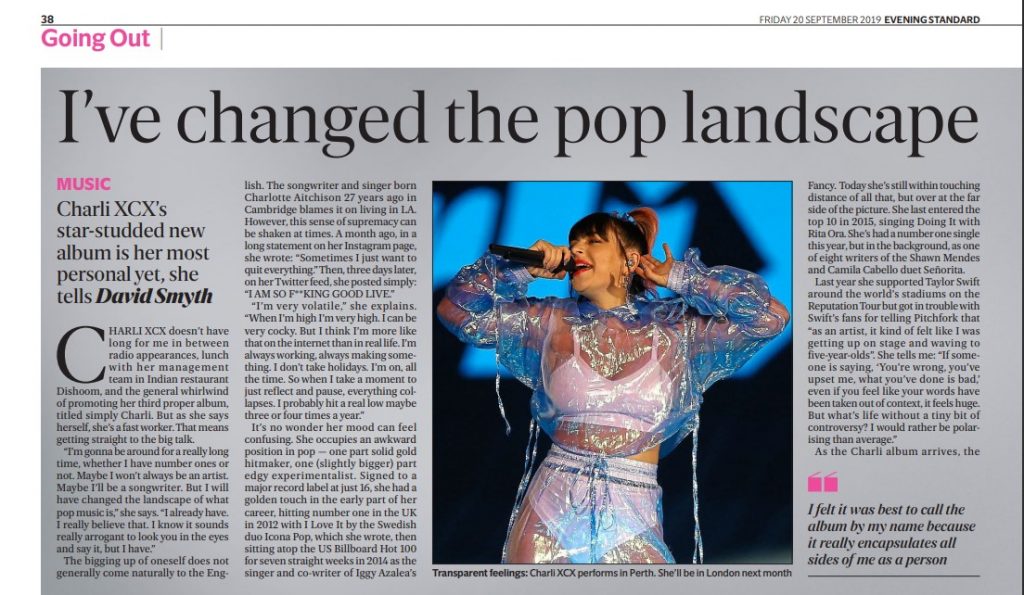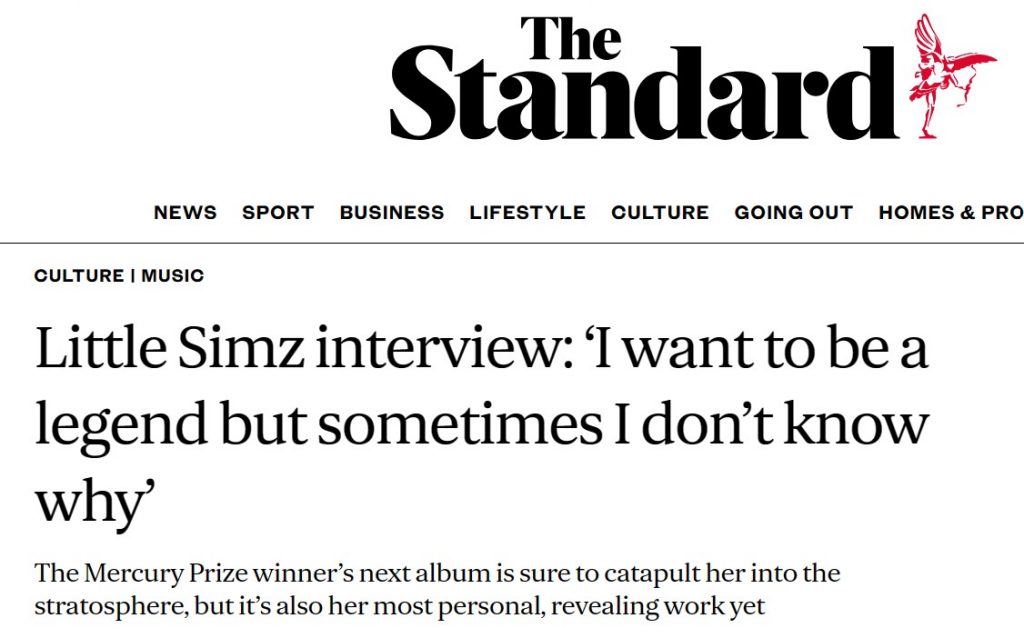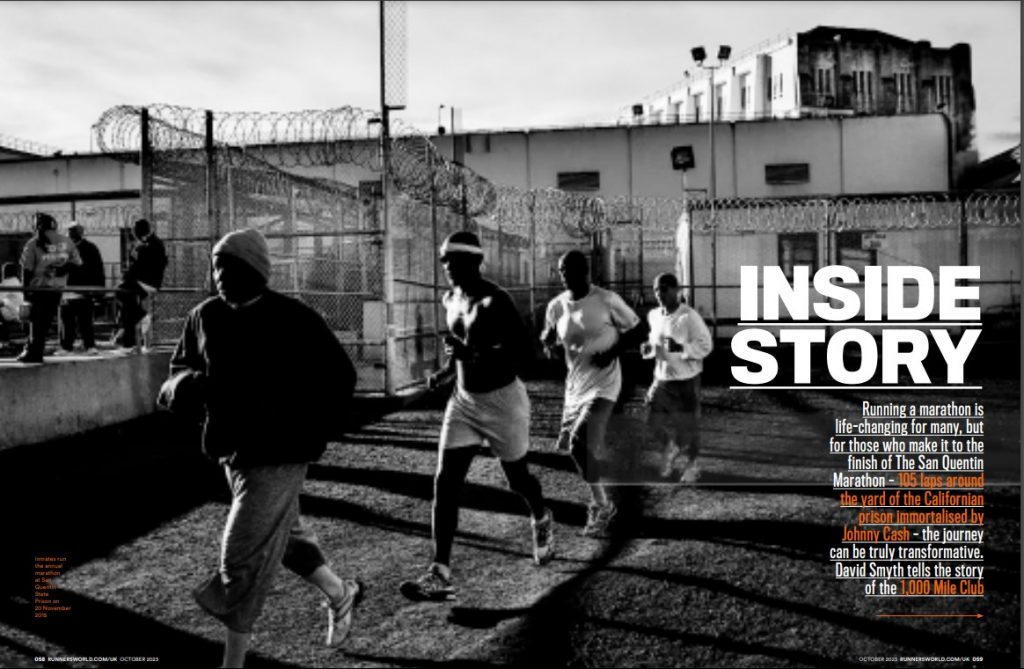Bad luck, Daft Punk. Back of the line, Robin Thicke. The real biggest song of the year has just been released and it isn’t Get Lucky or Blurred Lines. It’s an unorthodox mix of trance synths, soul vocals and folk stomping made by a young Swede currently ranked the number three DJ in the world. The whole world is dancing to Avicii’s Wake Me Up this summer.
“It’s a complete change in style, but a clever one,” said Pete Tong when he gave it its first airing on Radio 1. “I can see the line dancing video now.”
The song is a certain UK number one on Sunday, matching 12 other international charts so far, and on track to be the fastest selling single of the year. Tomorrow he’ll play it as part of an explosive set at a new dance festival in the Olympic Park. It’s the first sign that his debut album True, due in September, could be either a bizarre novelty or the future of dance music.
“It is different. It’s way more focused on melody and emotion,” says the 23-year-old, real name Tim Bergling. He secured the services of soul singer Aloe Blacc, best known for his hit I Need a Dollar, to deliver its surprisingly downbeat lines about getting old and being lost. In mid-March he gave Miami’s hedonistic Ultra Music Festival possibly its first ever look at a banjo when he was joined on stage by roots musician Audra Mae, who also appears on his album alongside metal guitarist Mike Einziger of Incubus, Chic disco giant Nile Rodgers and 71-year-old country singer Mac Davis.
“Since it got so big in America the past couple of years, dance music is taking over everywhere. It’s important that it keeps changing so it doesn’t become a fad,” Avicii tells me.
He’s a showman who often performs on top of a giant revolving head, a good-looking, blonde Ralph Lauren model in a DJ culture still packed with middle-aged veterans. Some regard him as something of an upstart, who only developed an interest in house music at the same time as he started making it in his bedroom at around 18, and who operates at the less intimidating, most tuneful end of the spectrum.
“So much of EDM is about getting even harder, even more crazy, screw the melody,” he says of the American term for dance music, the huge success of which has come in tandem with his rise through the ranks. “I’m not saying that music is bad, I stil play it, but I don’t want it all to be like that – people will get tired of it pretty quickly.”
Such is his demand in North America that on New Year’s Eve 2011 he played dual sets in Niagara Falls and New York City. Last December 31 it was Anaheim California, then Las Vegas, travelling by private jet. He says he played 320 shows in 2011, and around 270 in 2012, but is slowing down now that he’s a real success. This summer he’ll be in Ibiza every Sunday night and whizzing around the big European dance festivals.
The champagne flows everywhere he goes, a world of velvet ropes and very few clothes, which can be problematic. At the start of March he was hospitalised and had to cancel some tour dates due to pancreatitis, usually caused by alcohol. He has a song called Alcoholic.
“Everywhere you go is a party and it’s really easy to get dragged in, especially in the beginning. But I realised pretty fast that mentally and physically I couldn’t keep going on like that. This year has been so much more about making music and I feel like I’ve been getting more of a normal life.”
In other ways, he seems pretty sensible. He says he has never taken ecstasy and disapproves of those who believe the drug is the foundation of his scene. “For me it’s never been about drugs at all. When I started working on electronic music, that was after the rave period. I haven’t even seen that part of it that much.”
Yet that part of it has still caused controversy for him. At the Ultra Music Festival in 2012, Madonna introduced him, asking the audience, “How many people in this crowd have seen Molly?” – a slang term for ecstasy. Canadian producer deadmau5 called her a “fucking idiot” and said to her on Twitter: “EDM could use your positive influence, not “molly” talk.” She responded: “I don’t support drug use and I never have.”
Today Avicii says: “It can be a problem when people don’t really understand what electronic music is about. For me it’s not a reference that’s at all accurate. It’s so far from my experience with this music.”
He has also had to defend himself against accusations that, with today’s laptops and beatmatching software replacing the vinyl of old, today’s DJs don’t actually do very much except air punching. He reacted with fury to a long, fairly unflattering GQ profile earlier this year, in which he was quoted saying that what he’s doing on stage is “mostly volume”. Afterwards he said: “I would never lay down a pre-programmed set and perform to a pre-mixed CD, I would never cheat my fans like that.”
So the arrival of his debut album in two months will be his opportunity to prove that he’s a real artist and songwriter. “I’ve always been a producer – that’s how I see myself first,” he says. “The DJing came second as a way for me to be able to perform.”
In his own music he wants to take dance to a new place. Whether fans can cope with folk influences on a whole album remains to be seen. With Wake Me Up, at least, he’s succeeded in a big way.
Electric Daisy Carnival, tomorrow, Queen Elizabeth Olympic Park, E20 (08444 999 990, electricdaisycarnival.co.uk). True is released Sept 16 on PRMD/Island.










